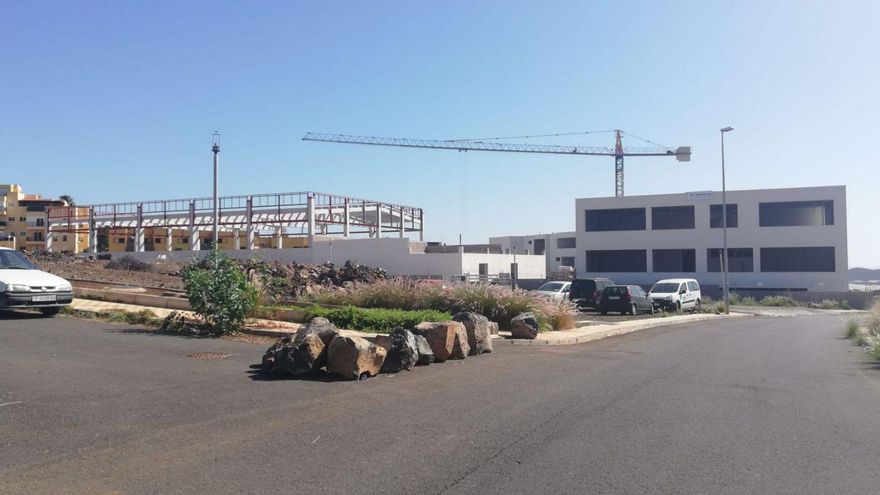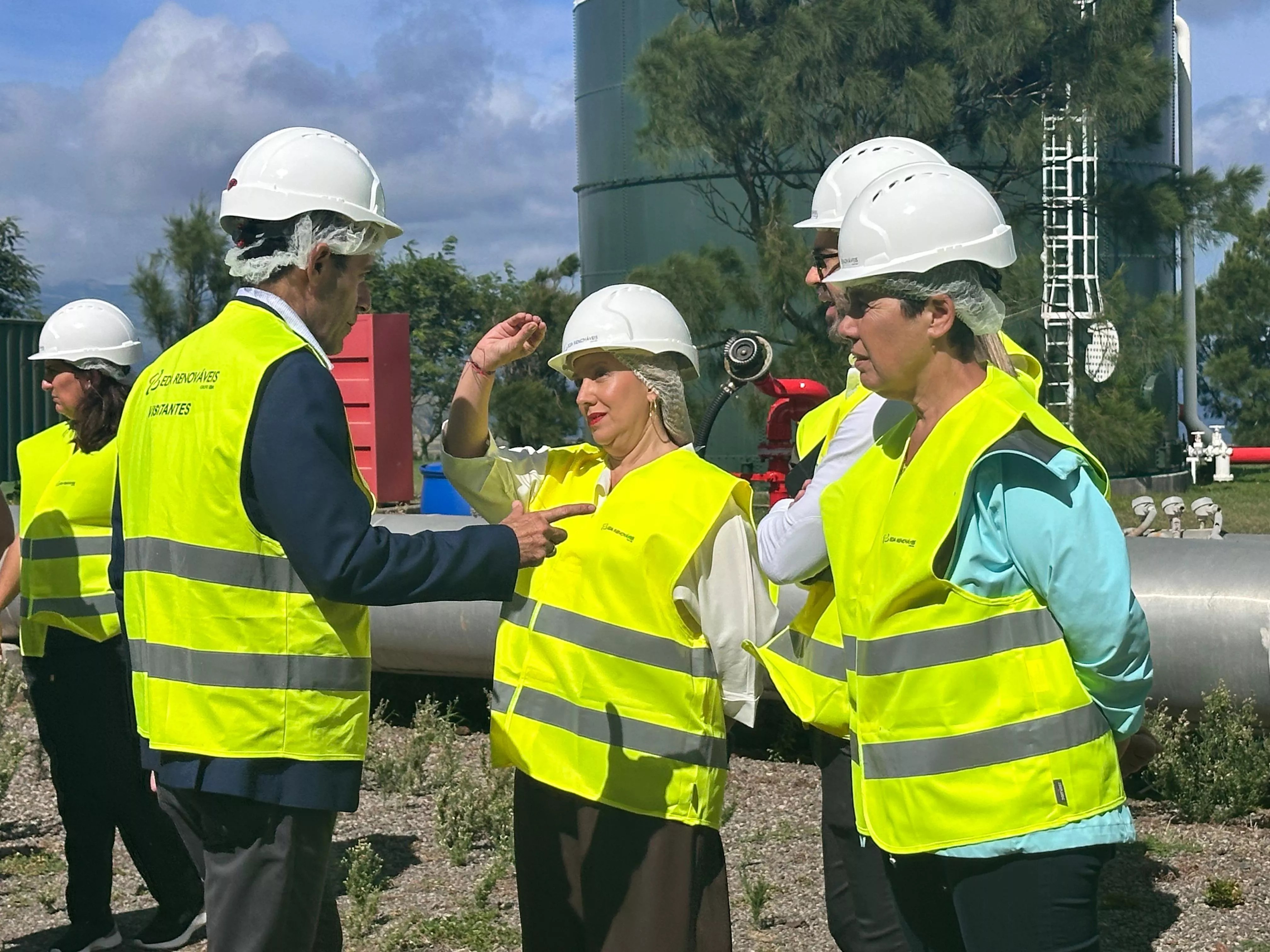
The Circle of Entrepreneurs and Professionals of the South of Tenerife (CEST) prepares a document, Eight steps into the future that reflects the concerns of the business community “at a very important moment for the social and economic relaunch of the region”. It collects the work carried out for months turned into urgent demands in areas such as infrastructures, the blue economy, training, waste and the circular economy, regulations and taxation, safety and leisure.
The premise of Roberto Ucelay, president of the CEST, is that “the South wants to contribute to the progress of Tenerife and the business sector intends to become the best ally of the institutions and the population to achieve a prosperous future.” In this work, the contributions of the mayors of Adeje, Arico, Arona, Fasnia, Granadilla de Abona, Guía de Isora, San Miguel de Abona, Santiago del Teide and Vilaflor appear as essential to collect the particularities of the region. An area that in the 2019-2020 period experienced a population growth of 241% –San Miguel de Abona, 185%; Granadilla de Abona, 147%; and Arona, 111%–, according to Istac data. “However, the South has not grown in public services in a significant way. It is an irrefutable truth that it has been unfairly treated by the administrations, which have benefited from the income generated by the economic muscle of our region, but have not reciprocated in the infrastructure investment that such energetic growth requires, “says Ucelay .
Infrastructures.
This fact causes the “collapse” of roads and mobility in the South. “Surgical actions are necessary to mitigate this situation until the definitive solutions materialize,” says the CEST, which calls for a solution to the section of the TF-1 Guaza-Los Cristianos in a southerly direction, the lighting of links and accesses, a “urgent” bike lane on the road to Teide from Vilaflor and on the TF-28 from Fasnia to Granadilla, as well as from El Médano to Los Abrigos. In addition, Fasnia requires a faster route from the highway. Completing the Port of Granadilla, strengthening that of Los Cristianos, advancing in desalination to meet the needs of the coast and the midlands, the train, improving public transport by bus, building the Los Cristianos interchange, the double energy ring, burying the high tension line, building the Southwest Fire Station and the Motor Circuit complete the demands in this area.
blue economy.
To take advantage of the coastal potential, the CEST calls for the improvement of bathing areas and promenades, the execution of the Masca and Teno piers, the adaptation of the anchoring areas with permanent buoys, promoting the projects of the Tenerife program and the Sea, adapt the regulation of the ZEC Teno-Rasca and Sebadales del Sur, as well as execute the beaches of San Blas (San Miguel de Abona), Los Tarajales, Las Salinas and the improvement of El Camisón (Arona), and the beach of Fañabé and Veril.
Training.
Qualification is a pending issue that requires completing the Integrated Center for Professional Training in Adeje and the IES Parque de la Reina, setting up a training center in San Miguel for the nautical sector and active tourism and building the Abbots’ school, in addition to another IES in the middle of Arona.
Improvement of the environment.
In environmental matters, the Circle reflects among its Eight steps towards the future that it is necessary to regenerate the Montaña Roja nature reserve, review the limits of the Malpaís de Rasca natural area and finish and put into operation the Camino Real del Sur.
Waste and circular economy.
The southern employers value it as urgent to continue evolving the waste management model on the Island and focus it towards the circular economy through the prevention, reuse and recycling of garbage.
Regulations and taxation.
The “regulatory tangle” is a brake on investment, modernization and the creation of wealth. With this argumentative base, the CEST demands the “pruning” or the “simplification” of the norms “repealing countless laws and unnecessary articles that only hinder and duplicate without meaning”. Opposite, activities of social and economic impact “continue without being regulated in an effective way.” Hence, it is proposed by the exhaustive and detailed regulation of vacation rentals, reviewing the safety decree on beaches, promoting prior communication as a “qualifying title” to build homes and reform tourist buildings, an office to return the IGIC at the Tenerife Sur Airport and exclude said tax on products and services in restaurants.
Security.
Understood as “absolutely fundamental”, the Circle demands more personnel and material from the Civil Guard in the region, hold annual information sessions on the prevention of criminal acts, greater control of street vending, more inspection of illegal points of sale of excursions and the start-up of the Tourist Attention Service.
Leisure.
Within the tourism industry, it accounts for 2.3% of the Canarian GDP, with an annual turnover that exceeded one billion euros and some 85,000 jobs. “Given the importance of this economic subsector, we propose the creation of a General Directorate of Leisure and Hospitality, specialized in dealing with its problems and needs,” concludes the CEST.
















